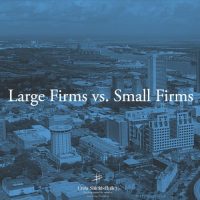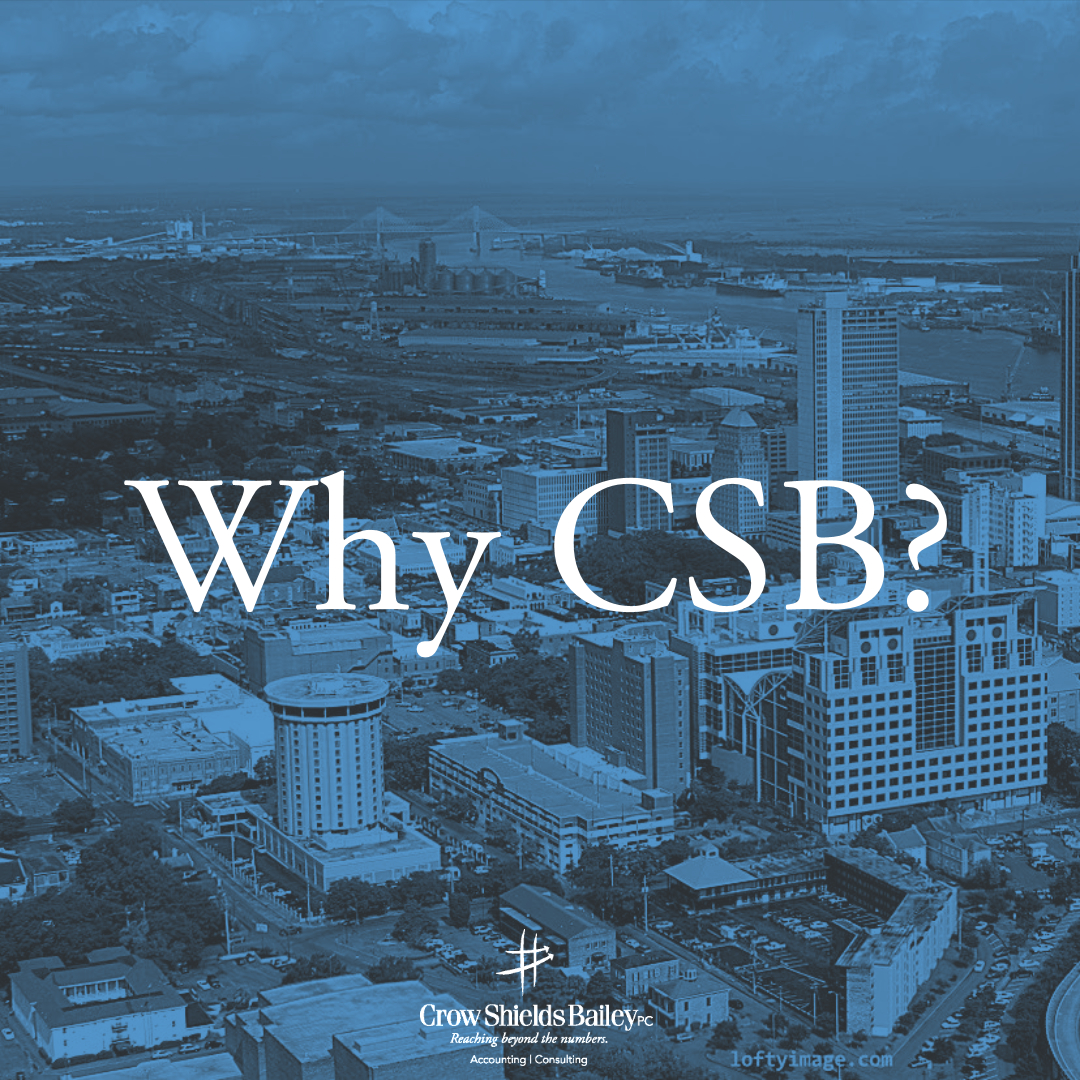November 19, 2019
Andrew Finnorn | Staff Accountant | Published by Crow Shields Bailey
Throughout the recruitment process, you will hear firms speak of their dedication to a work-life balance. They are referring to the ability to balance the demanding work load of public accounting and life outside the office. It is used as a way to overcome the common belief that public accountants work 24/7. The most important thing to understand is that this challenge must first be overcome at the employee level, then assisted by the firm. This can be accomplished by answering three easy questions.
What are you balancing? The things that you value evolve as you progress through life. When you first enter the workforce as a young adult, time with friends and participating in hobbies are often your main focus. As changes happen, such as marriage or having children, you will find that your priorities and interest will also change. Discovering what is important to you is the first step in creating your ideal work-life balance.
When is the deadline? You will learn very quickly in public accounting that everything revolves around deadlines. There is always another deadline waiting around the corner, and understanding the workload is a key to success. Once you understand the “work” ahead, it allows you to build a schedule that can tackle the sometimes overwhelming workload, and allows for “life.” The anxiety that is felt with approaching deadlines can be mitigated by attacking the work load early. The more work that can be completed on the front end allows you to maintain your desired work-life balance.
Does this firm understand me? With the diversity of the workforce, firms must have an understanding of what is important to each employee. As addressed with the first question, each individual will have different priorities in life. You should search for a firm that aligns with your values. This requires getting to know the firm beyond an interview, and not getting caught up in a recruiting pitch. Current employees and their experiences can often give you an insight into the firm’s values. Look for an opportunity during recruiting events to interview the employees.
As a result of the public’s perception of accountants working 80-hour weeks, the work-life balance has become a point of emphasis for recruitment platforms. Is a work-life balance truly accomplished at the firm level? Yes, they play an important role, but they are only part of the equation. Your understanding of the balancing act and the ability to schedule ahead will allow for the ideal work-life balance in your career.





